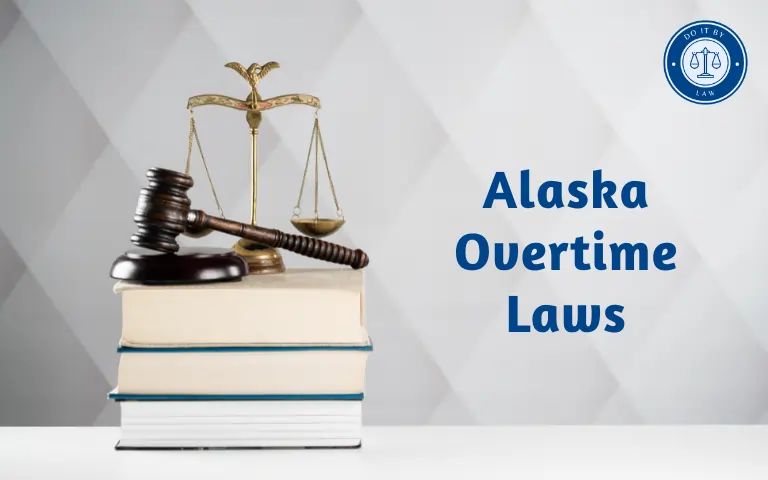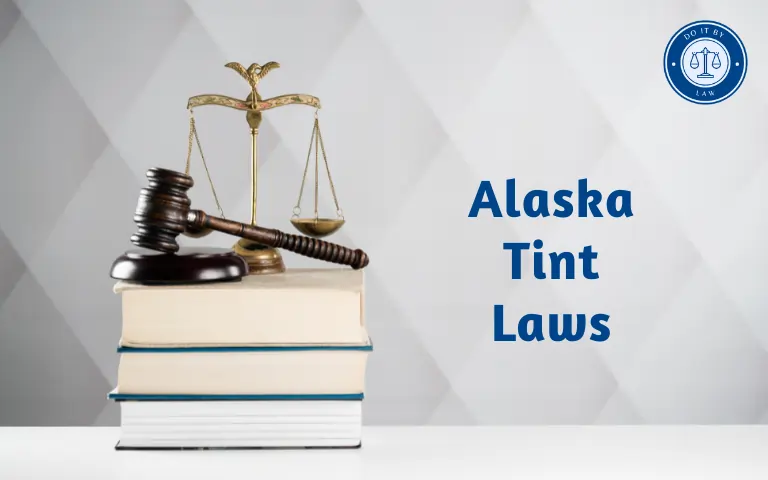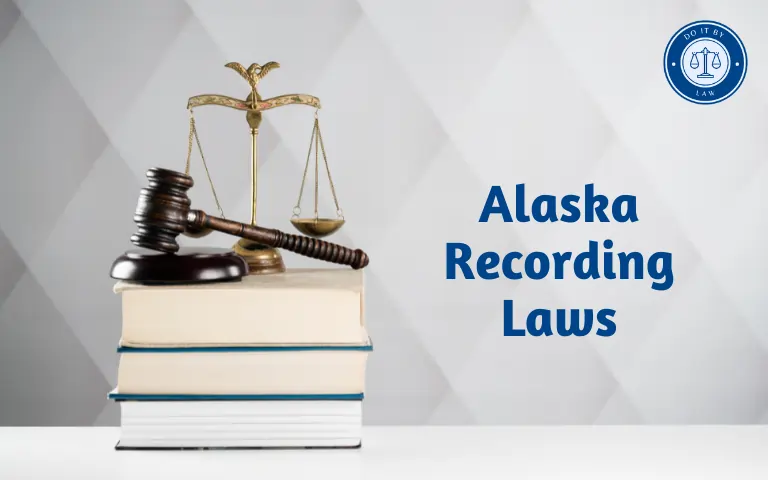Alaska Open Container Law: What You Need To Know
Alaska Open Container Law allows passengers to possess and consume alcohol in moving vehicles. Drivers cannot drink but may transport liqueur store purchases stopping only at licensed venues or private locations. This overview covers key provisions, exceptions, and debates.
Introduced in the 1980s, Alaska’s open container law aimed to curb drunk driving risks while respecting certain personal freedoms around alcohol consumption. The statutes apply to anyone traveling in motor vehicles on public roads across the state.
Who Does Alaska Open Container Law Apply To?
Alaska Statute 28.35.029 governs situations when alcohol can be legally transported in motor vehicles. Provisions apply to:
- Drivers operating vehicles on public roads. Drinking alcohol while driving remains completely prohibited.
- Passengers and other vehicle occupants. Passengers traveling in cars, trucks, RVs, or buses may legally possess open containers and drink alcohol.
The law provides exceptions for specific sectors like public transportation and tour buses carrying groups for hire where open containers remain banned. Rules extend to anyone traveling on Alaska State roadways regardless of resident status.
What Are Key Provisions of Alaska Open Container Law?
Alaska’s open container statute has several key provisions including:
- Allows transporting unsealed alcoholic beverages only when purchased from a licensed vendor for personal use. Homemade beer/wine cannot be transported openly.
- Bans drivers from consuming alcohol or having open containers within reach but allows transporting unopened containers purchased legally.
- Passengers aged 21+ can drink alcoholic beverages as long as containers remain inside vehicles with lids/caps replaced between sips.
- Permits drinking only when in transit or briefly stopped but not parked permanently with the vehicle turned off.
- Restricts where motorists carrying alcohol can stop along their trip. Stops are limited to licensed establishments like bars or restaurants, other retail liquor stores, or private residences/lodging sites.
What Are Penalties for Violating Alaska’s Open Container Statute?
Penalties for illegally possessing open containers or drinking alcohol in vehicles depend on the specific violation including:
- Drivers transporting open containers they can readily access face fines up to $1500 for the initial offense plus 90 license suspension and possible jail for up to 1 year.
- Passengers illegally drinking face potential open container fines and public drunkenness charges punishable by jail time and $3000+ penalties.
- Stopping in prohibited areas like gas stations, banks or parks carries open container transportation infractions.
- Providing alcohol to minors triggers separate “contributing to delinquency of minor” charges.
Recent alcohol-related driving offenses incur severe CDL disqualifications for commercial transporters violating open container provisions.
Have There Been Recent Changes to Alaska’s Laws?
Alaska last updated the transportation statute in 2018. Changes:
- Clarified vehicles where open containers remain completely prohibited even for passengers (public buses, taxis, limos transporting groups). Private RVs and buses still qualify for exceptions.
- Added increased penalties for CDL licensees convicted of open container violations while driving commercial vehicles. The first offense incurs full license revocation.
- Upgraded illegal consumption by passengers from a traffic infraction to a Class B misdemeanor for situations impairing drivers’ control.
Some legislators periodically introduce tougher drunk-driving bills restricting open transportation further but have yet to gain majority backing.
What Aspects of Alaska Open Container Law Remain Contentious?
While the policy aims to deter drunk driving, aspects of Alaska’s open carry alcohol rules spark frequent debate including:
- Harder to monitor driver sobriety with passengers legally drinking.
- Potential costs and risks from intoxicated passengers distracting drivers.
- Allowing open containers sends a conflicting message to minors about drinking responsibility.
- Statute assumed roadside public drinking would be infrequent but complaints persist in some areas.
Supporters counter Alaska’s overall DUI fatality rates remain below average despite the legal difference. They argue banning open containers disproportionately affects rural residents lacking transportation options.
As more states relax marijuana laws, questions also arise about permitting open cannabis use in vehicles. But Alaska so far maintains recreational pot bans.
Key Takeaways
Despite unique ethanol allowances, Alaska still prohibits drinking while driving and aims to balance reasonable enforcement against overreach into personal liberties around alcohol use.







